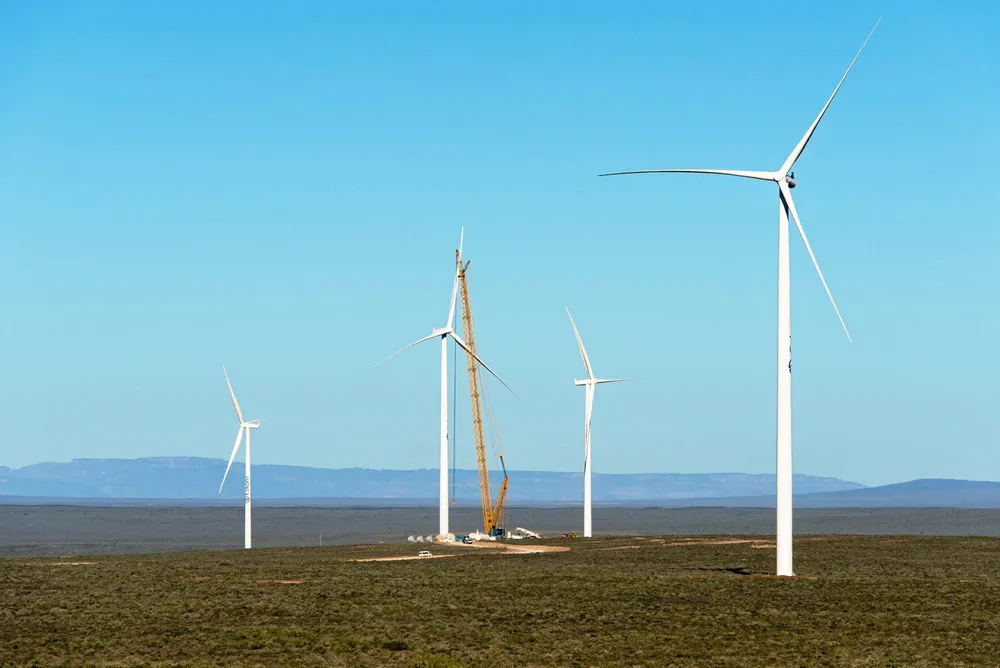South African grid shut-out puts renewables plan at risk, warns industry body
Rolling blackouts and an elections backlash may not have been enough to galvanise regulator and utility into action

Energy-starved South Africa is putting its ambitious plans for renewable power at risk after a market regulator denied access to the electricity grid under an clean energy allocation process, a leading industry association claimed.
The refusal was issued to state-run utility Eskom under the seventh stage of the country’s Renewable Energy Independent Power Producer Procurement Programme (REIPPPP) and was part of an ongoing pattern of delay and failure, according to a statement issued by the South African Wind Energy Association (SAWEA).
“The failure to address grid allocation processes has resulted in significant delays and financial losses, devastating investor confidence and jeopardising the success of wind energy projects,” SAWEA said.
The body pointed out that the prior process, the so-called Bid Window 6, also flopped.
SAWEA said it understood the “regulatory complexities” behind the decision by the National Energy Regulator of South Africa (NERSA) to reject Eskom's application to reserve grid capacity but expressed “deep concern” about the implications of the decision for wind energy and broader renewables in South Africa.
“SAWEA has consistently advocated for a balanced approach to grid capacity allocation, ensuring both public and private procurement processes work synergistically. The Association is of the opinion that a foundational public procurement programme is instrumental in stimulating socio-economic development and contributing towards energy security as we transition to a low carbon energy system,” the entity stated.
“Ongoing failures evident in Bid Window 6 and expected again in Bid Window 7 need to be addressed to enable the successful integration of renewable energy into the grid through both public and private avenues.”
SAWEA called on NERSA and Eskom to pursue a practical dialogue to come up with recommendations and measures that will ensure prompt and viable solutions to the country’s grid challenges.
Otherwise, the entity said, ambitions for renewable energy and for the open electricity market envisaged by south Africa’s Electricity Regulation Act Amendment Bill will be undermined by grid challenges.
“SAWEA remains committed to continuing its engagements with government bodies, including NERSA and Eskom, to enhance the effectiveness of grid capacity and its allocation processes. We urge all parties to prioritise grid capacity with transparent and fair allocation rules that protect public interests and foster investor confidence in South Africa's renewable energy sector,” the association stated.
South Africa has suffered rolling blackouts in recent years, with much of the blame being attributed to “load shedding” outages by Eskom’s fleet of coal and gas-fired power stations. Anger about blackouts contributed to the loss of an outright majority for the ruling African National Congress in May elections.
In June, Eskom received government approval to keep five of its older coal power plants operational for an additional five years after the country implements new emissions limits in 2025
South Africa's first wind farm reached commercial operation in 2014 under Bid Window 1 of the REIPPP.
By 2019, the country's Integrated Resource Plan was targeting 1.6GW of wind energy annually from 2021 to 2030, but has fallen short.
Currently, South Africa has 34 completed onshore wind farms with a total capacity of 3.4GW according to the Global Wind Energy Council (GWEC).
(Copyright)